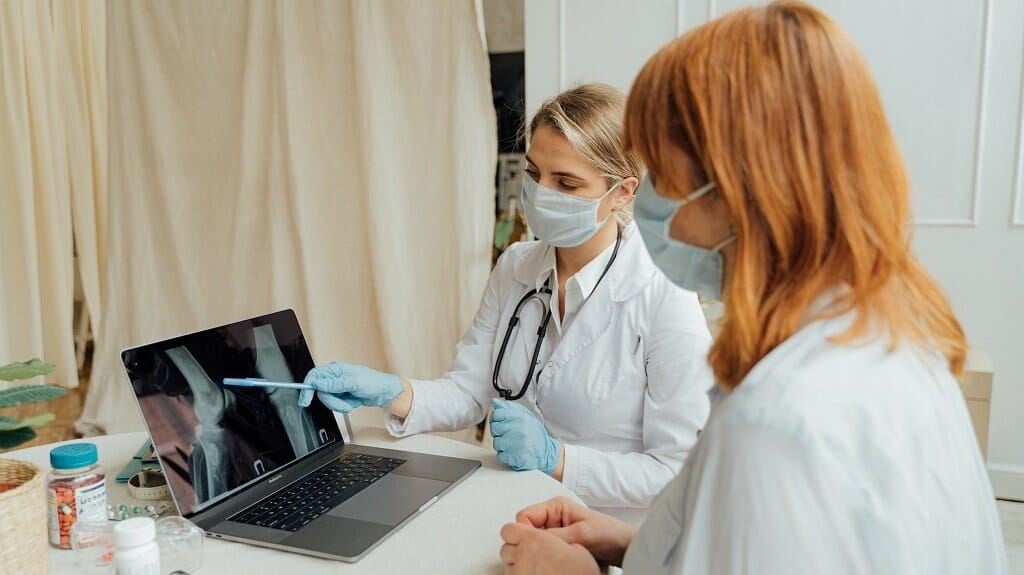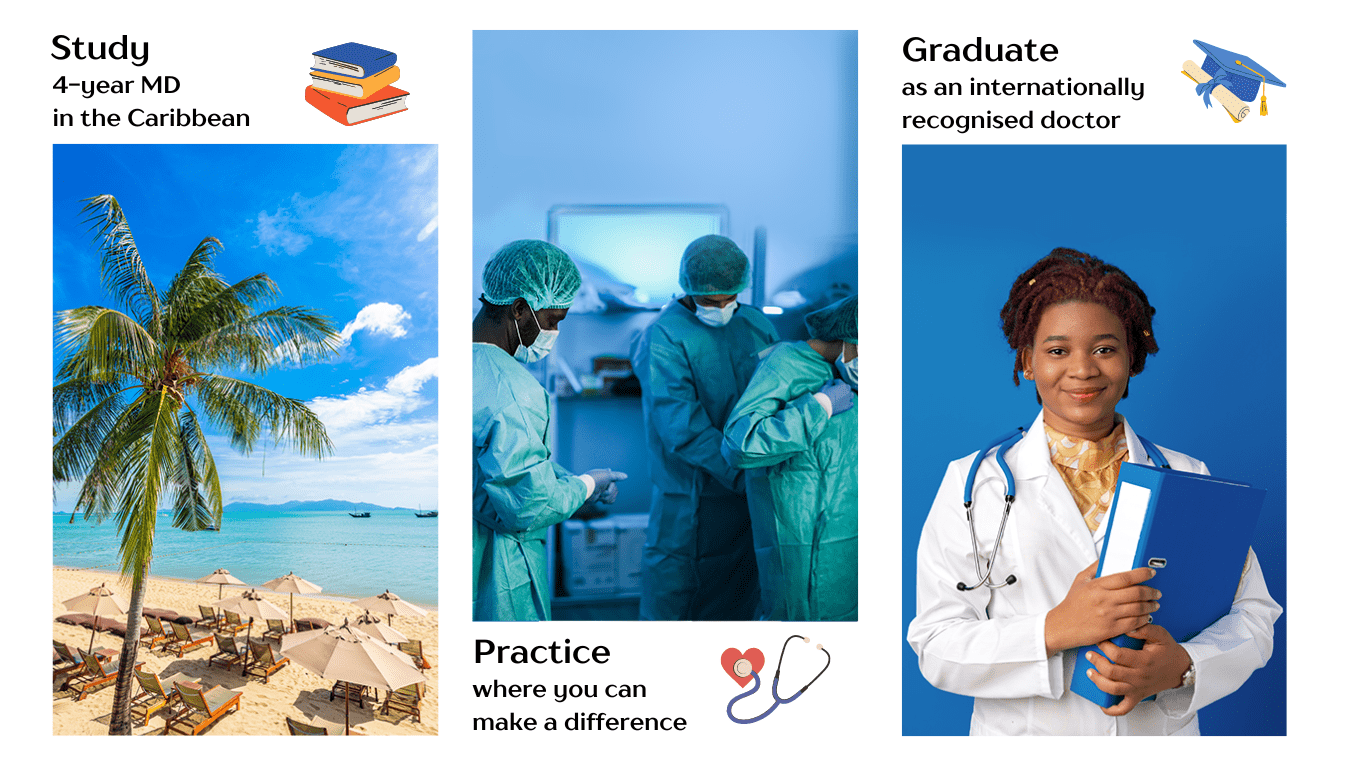What Are The Major Skills Of A Doctor (7 Examples)

“The practice of medicine is an art, not a trade; a calling, not a business; a calling in which your heart will be exercised equally with your head.”
William Osler
As we all know, being a medical doctor is a demanding career. As a physician, you will constantly communicate with people, curing various diseases and saving lives. To be successful in your career, you will need extensive medical knowledge and skills.
Knowing what qualities you will need as a doctor can help you improve them over time and offer the best care for your patients. If you are already a medical student, you know that universities value your medical knowledge. However, patients appreciate doctors more for their soft skills - communication skills and great bedside manners.
In this article, you will learn what skills you need to be a good doctor and how to develop these personal qualities to perform best at any hospital. What’s more, we want to show you how vital a good patient-doctor relationship is and how to build trust between you and your colleagues.
Table of Contents
- 1 What is the role of a medical doctor?
- 2 What are the responsibilities of doctors?
- 3 What are the qualities needed to be a doctor?
- 4 Soft vs Hard skills
- 5 What are the major skills of a doctor (7 examples)
- 5.1 Being a good doctor is all about interacting with patients and colleagues
- 5.2 Teamwork or the ability to collaborate as part of a team
- 5.3 In challenging situations, you have to show problem-solving and decision-making skills
- 5.4 Always keep attention to details
- 5.5 Professionalism is a promise of success
- 5.6 Understand when you need to be a leader
- 5.7 Manage stress and perform well under pressure
What is the role of a medical doctor?
Doctors are employed by the NHS, non-profitable organisations, and private hospitals. After graduating from medical school, you may start working as a GP (General Practitioner) or choose a speciality and become a speciality doctor/consultant. You may not know, but there are approximately 50 different medical specialities to choose from, such as:
- Emergency medicine
- Paediatrics
- Pathology
- Cardiology
- Immunology
- Neurology
- Gynaecology
- Urology
The list goes on. You can check all the different career paths on the NHS Explore roles page.
What are the responsibilities of doctors?
Becoming a good doctor requires continually learning and improving expertise. Therefore, the training that begins at university continues beyond graduation. Being a doctor is a noble profession in which you can help patients in ways others can’t. As Willian Osler says, “It is a calling, not a business”. And that is the beauty of the doctor's profession.
The most common hospital doctor duties are:
- Consultations and physical exams of patients
- Providing pre-and post-operative care in general
- Medication administration and monitoring
- Planning treatments
- Educating and supervising medical students
What are the qualities needed to be a doctor?
Medlink Students is a family of current and prospective doctors and medical students. Therefore, we know both the pros and cons of a doctor’s career. We can’t lie to you and say that everything will be flowing smoothly. There will be times when you will find yourself tired, doubtful, and even lost. But hey, we have been there too. This is why we know how important it is to always believe in yourself and keep pushing forward.
Some of the key qualities of a doctor that will help you in challenging situations include:
- Good technical and soft skills
- Excellent time management
- Analytical thinking
- Ability to solve problems, even in stressful situations
- Working long hours
- Efficient decision-making skills
Soft vs Hard skills
We have previously mentioned the hard and soft skills of a doctor, but let’s dive in and understand the difference between them.
“Hard skills” are easily quantifiable abilities or skill sets that can be taught. They are often learned through books or other training materials in the classroom. Almost everything you will learn during your education at a medical university will be considered a hard skill.
Here are a few examples of the hard skills of a doctor:
- Perform CPR
- Measuring vital signs of patients
- Performing surgery
- Review laboratory test results
- Update charts and patient’s medical history
“Soft skills” are more like personal qualities. These include leadership and communication skills, teamwork, and more. And here comes the turning point of a doctor’s job. An excellent combination of the soft and hard skills of doctors can guarantee high-quality healthcare and brilliant bedside manners.


What are the major skills of a doctor (7 examples)
Being a good doctor is all about interacting with patients and colleagues
In recent years, communication skills have become more and more crucial for all employers. The ability to communicate written and verbal is the key to success in almost every profession.
As a doctor, you will constantly contact other doctors, nurses, patients, and other healthcare workers. Strong communication skills help doctors better understand their patients’ complaints. Hence, physicians can quickly diagnose patients and propose the best course of therapy.
Good communication is an essential soft skill for physicians since they must explain health problems and recommend treatments to patients and their families.
You should always describe everything in the most effective and straightforward way possible. Your patient must understand their diagnosis and the actions required for therapy.
Teamwork or the ability to collaborate as part of a team
As Dumas has said, “All for one and one for all”. The saying emphasises the importance of teamwork. The group will support every individual, and its members will support the group. The same goes for the healthcare workers.
The capacity to cooperate and work as part of a larger team is essential for any medical practitioner. You will often be asked to give advice, or you may require another specialist opinion in some cases.
Connecting with and creating relationships with colleagues is essential for daily patient care and maintaining a pleasant working environment. No doctor can indeed do anything without good nurses and vice versa.
In challenging situations, you have to show problem-solving and decision-making skills
Some of the qualities of a good doctor include:
- Solution-oriented thinking
- Fast decision-making
- Taking responsibility
- Analytical thinking
- Curiosity and ability to ask questions
Critical thinking helps physicians evaluate symptoms, diagnose conditions, and create a treatment plan for those in their care.
Doctors always have the last call when it comes to patient care. Therefore, you should be at ease making difficult decisions and taking responsibility for them. Making solid clinical decisions under pressure is the mark of a successful physician.
Always keep attention to details
In the medical profession, small details are everything. Therefore, you should pay attention to medicine dosages, personal medical history, allergies, and physiological abnormalities.
A good physician doesn’t allow anything to pass through them. Observation, organisation, and focus can help you improve your performance, productivity, and overall patient care.


Professionalism is a promise of success
Working with people is never easy. Ill individuals can be angry, devastated, stressed, and highly emotional. Hence, a good healthcare worker should always stay calm and respectful.
Good qualities of a doctor include:
- Respect
- Emotional Intelligence
- Discipline
- Honesty
As a professional, you should always ensure that your patients feel comfortable sharing their symptoms and treat everyone with respect, regardless of their background.
Understand when you need to be a leader
The GMC ethical guidance for doctors includes skills such as leadership and management. A leader is required to make decisions regardless of the circumstances.
Physicians should delegate tasks and allocate resources appropriately. As we mentioned above, doctors with experience are likely to be in charge of training and mentoring medical students and junior doctors on their clinical rotations. This doesn’t mean just sharing knowledge. It entails setting a good example and being available for others when things don't go as planned.
Manage stress and perform well under pressure
Doctors save lives but also see a lot of heartbreaking cases. Being shaken by someone’s tragedy shows your compassion and empathy.
However, you can’t let your emotions affect your professionalism or ability to treat patients. Medical professionals should use good stress management strategies. We can advise all prospective doctors to find a hobby outside medicine and cut off the connection to work for a while.
Final Words
We hope these 7 examples of major skills of a doctor will help you better understand how vital technical and soft skills are for a qualified physician. Some of them may come more naturally to you than others.
But remember, good doctors constantly search for ways to improve their hard and soft skills.
"I am a doctor - it's a profession that may be considered a special mission, a devotion."
Ewa Kopacz
Leave a Reply

About Medlink Students
Leading international recruitment company for medical students in Europe. British Council Certified Agents. 10+ years of experience and more than 10,000 students advised.








